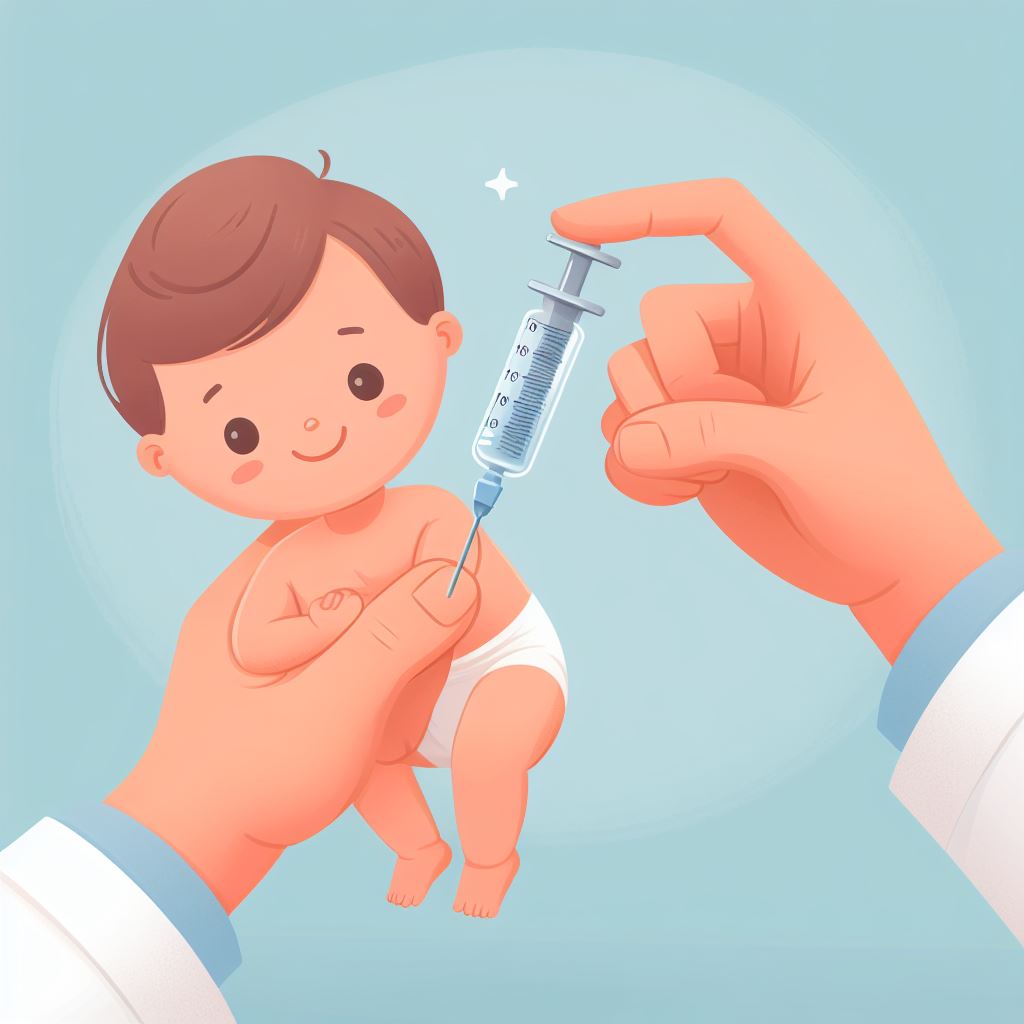Vaccines are products that stimulate the child’s immune system so that it can defend itself against certain infectious diseases.
By vaccinating your child, you offer lasting and effective protection against serious, sometimes fatal, diseases such as measles, whooping cough, poliomyelitis, or meningitis.
The vaccine is therefore an essential preventive measure to preserve the health of your child, but also that of those around you and the community.
1- The vaccine, an ally for the child’s health:
The child’s health is a priority for all parents. To preserve it there is a simple and effective way: the vaccine. The vaccine is a product that stimulates the child’s immune system so that it can defend itself against certain infectious diseases.
By vaccinating your child, you offer lasting and effective protection against serious, sometimes fatal, diseases such as measles, whooping cough, poliomyelitis, or meningitis. In this article wewill explain to you why the vaccine is essential to protect your child’s health, how it works, and what recommendations to follow.
2- Why is the vaccine essential to protect your child’s health?
The vaccine is an essential prevention measure to preserve the health of your child, but also that of those around you and the community. Indeed, certain infectious diseases can have serious consequences on the physical and mental development of the child, such as respiratory, neurological, cardiac, or renal complications.
For example, measles can lead to pneumonia, encephalitis, or even death. Whooping cough can cause difficulty breathing, seizures, or brain hemorrhage. Polio can cause irreversible paralysis of the limbs or diaphragm. Meningitis can cause deafness, blindness, behavioral problems, or mental retardation.
By vaccinating your child, you protect him from these diseases and reduce the risk of transmitting them to other people, especially the most vulnerable, such as newborns, pregnant women, the elderly, or immunocompromised people.
The vaccine is therefore an act of individual and collective responsibility, which contributes to saving human lives and preserving the well-being of everyone.
3- How does the vaccine work?
The vaccine contains attenuated or inactivated infectious agents, or fragments of these agents, called antigens.
These antibodies then remain in the child’s immune memory, allowing them to react quickly and effectively in the event of subsequent contact with the same infectious agent. In this way, the vaccine prepares the child’s immune system to defend itself against the disease, without the child having to suffer from it.
Healthcare professionals administer the vaccine intramuscularly, subcutaneously, or orally, depending on the vaccine type and the child’s age. Combining vaccines provides comprehensive protection with a single injection.
The vaccine is generally well tolerated by the child, who may experience mild and temporary side effects, such as pain, redness, or swelling at the injection site, low-grade fever, or fatigue.
These side effects mean that your child’s immune system is responding to the vaccine and protecting itself. They generally disappear within a few days, without leaving any after-effects.
4- What are the recommendations to follow?
For the vaccine to be effective, it is important to respect the vaccination schedule recommended by health authorities. The vaccination schedule indicates which vaccines to administer based on the child’s age, the number of doses needed, and the intervals between doses.
It is based on the most recent and reliable scientific data and takes into account the epidemiological situation in each country. The vaccination schedule can be consulted on the website of the World Health Organization or that of the Ministry of Health in your country.
It is essential to respect the vaccination schedule because it guarantees optimal protection of the child against the diseases targeted by vaccines. If you miss or delay a dose of vaccine, you put your child at greater risk of getting the disease and reduce the effectiveness of the vaccine.
If you have any doubts about your child’s vaccination status, do not hesitate to consult your doctor or pharmacist, who will be able to provide you with information and advice.
In addition to respecting the vaccination schedule, it is important to keep the child’s vaccination record, which certifies the vaccinations carried out.
The vaccination record is an official document, which can be requested when registering for school, traveling abroad, or participating in certain activities. This also makes it possible to monitor the evolution of vaccination coverage of the population and to fight against diseases preventable by vaccination.
Conclusion:
The vaccine is a simple and safe way to protect your child’s health against diseases that can have serious consequences on their physical and mental development.
By following the vaccination program recommended by health authorities, you help reduce the risk of epidemics and eliminate certain diseases.
The vaccine is therefore an act of individual and collective responsibility, which contributes to saving human lives and preserving the well-being of everyone.

